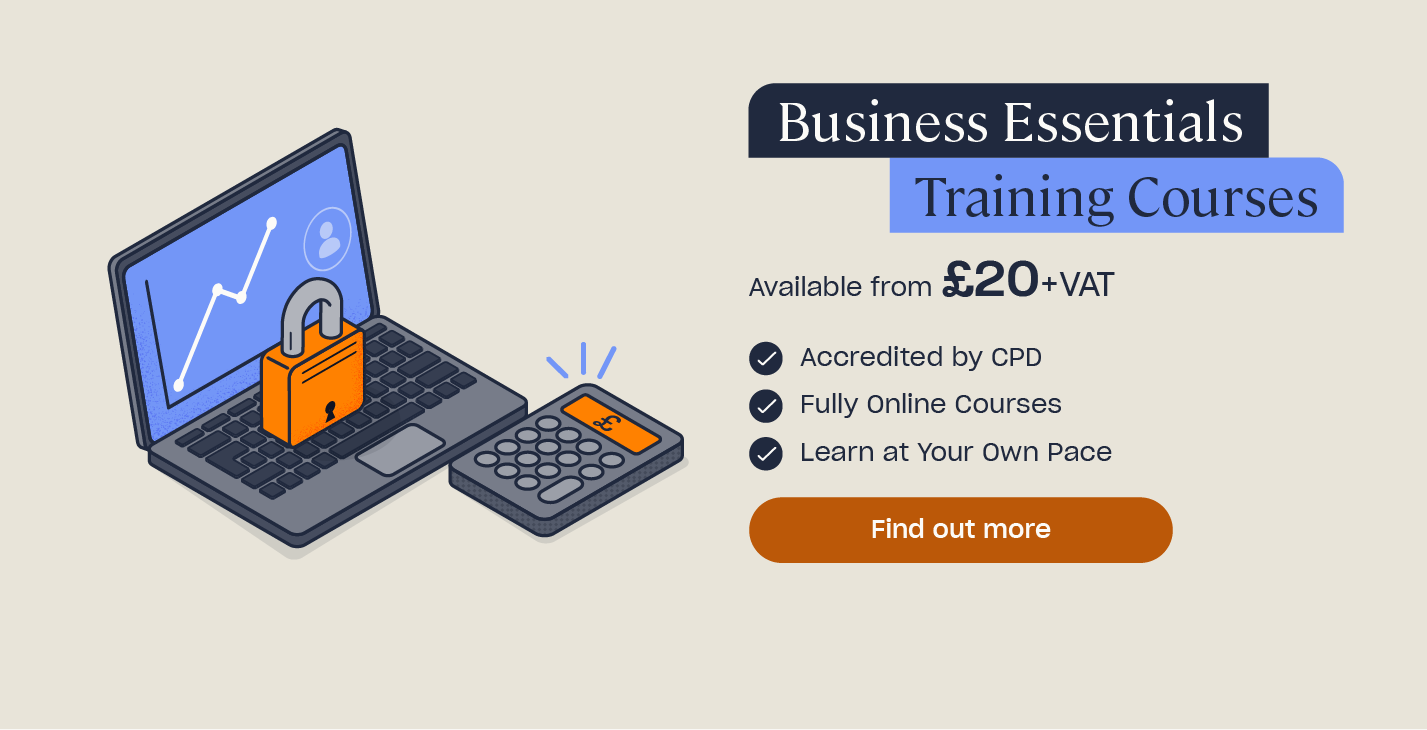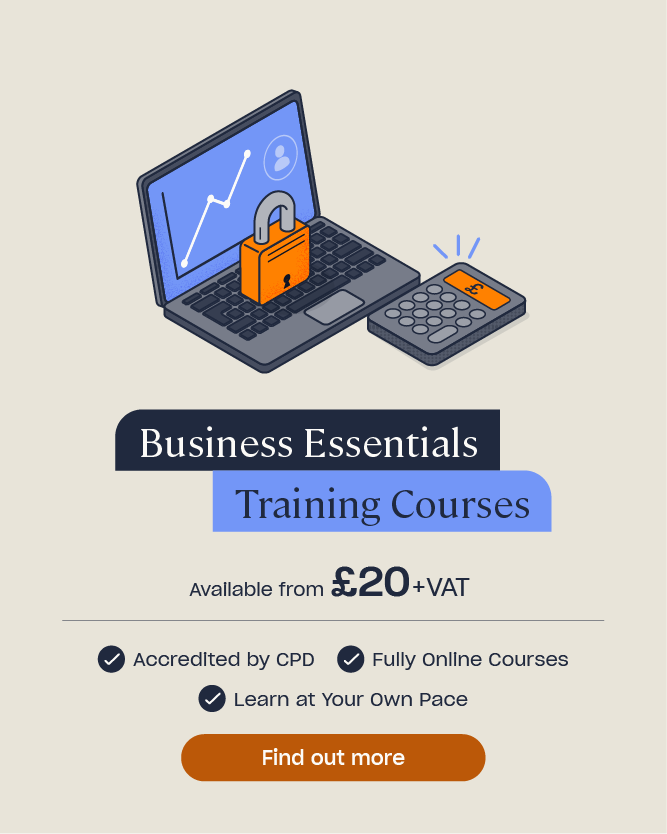What is Critical Reflection?
Critical reflection applies to many professions, whether you work in education, healthcare or business. It’s more than just looking back on what’s happened at work and is instead about asking deeper questions, challenging your own assumptions and learning how to do things better next time. In this article we’ll explore what critical reflection is, why it matters and how to write a critical reflection more effectively.
What is Critical Reflection?
In the workplace, critical reflection is about looking beneath the surface of an experience: instead of just asking what happened? in a situation, critical reflection prompts you to ask why did it happen that way? and what does this mean for my future practice?
- An example of critical reflection in healthcare would be a nurse reflecting on how communication styles, personal assumptions or systemic pressures played a role in a patient’s outcome, and how these could be improved on, instead of just focussing on what the outcome was.
- An example of critical reflection in education would be a teacher using reflection to explore whether their lesson plan met the needs of different learning styles, rather than just looking at the lesson as a success or failure, and identifying how they could make changes to improve their teaching for next time.
- An example of critical reflection in business might be a manager asking how their leadership style impacted team motivation and results for a particular project, rather than simply looking at the results, then considering what they could do to improve their management skills.
The main difference between simple reflection and critical reflection is that simple reflection tends to stay objective, and is just a recap of what took place, whilst critical reflection goes further and prompts you to question situations more deeply, looking at why things happened as they did.

Why is Critical Reflection Important?
Everyone should make time for critical reflection in their role, as the benefits are both personal and professional. Critical reflection is important because it:
- Builds emotional intelligence – reflecting on your own reactions to situations helps you understand yourself better and strengthens your relationships with others.
- Aids personal development – by noticing patterns in your strengths and challenges, you can take steps to improve where it matters most.
- Promotes professional development – linking your reflections to your profession, its expectations and your career path helps to keep your practice relevant and up to date.
- Supports CPD – critical reflection helps to support the progression of your career and that of your organisation.
- Improves decision-making – by questioning yourself and exploring different perspectives, you become more confident, adaptable and better at making choices.
- Enhances problem-solving skills – stepping back from an experience helps you to think creatively about solutions and come to more considered conclusions in the future.
- Strengthens resilience – recognising what went wrong and planning improvements makes it easier to handle setbacks positively.
- Encourages lifelong learning – reflection creates a habit of curiosity and self-improvement that goes beyond mandatory CPD.
Want to Learn More?
We can help you with your personal and professional development goals with our wide range of online courses, from Leadership and Management to Resilience Training and Communication Skills in Health and Social Care.
How to Write a Critical Reflection
Writing a critical reflection can feel overwhelming if you don’t know where to start, especially if reflective practice or critical thinking are not something that you’re used to. To help write a critical reflection, follow these simple steps:
- Start with the basics – briefly describe the situation or experience you’re reflecting on. Keep it clear and to the point.
- Acknowledge your reactions – think about how you felt during the experience and why. This helps you to become more aware of your emotional responses.
- Dig deeper – ask yourself the tougher questions: what influenced the outcome? Were any assumptions at play? How did different perspectives shape the situation?
- Make the connections – link your experience to relevant theories, frameworks or professional standards. This moves your reflection from being personal to being critical.
- Summarise what you’ve learnt – think about what this experience has shown you about your skills, values or approach.
- Plan your next steps – decide what you’ll do differently in the future. Even small actions can make a big difference.
You might also find it helpful to use a reflective model, like Gibbs’ Reflective Cycle or Rolfe’s Framework, as they give you a ready-made structure so you don’t feel lost when putting your thoughts on paper.
Critical reflection is about taking the time to pause, question and learn from your experiences at work in a way that helps you grow. Whether you’re in healthcare, education or business, critical reflection is a skill that will support your personal development, strengthen your professional practice and keep you moving forward towards your goals.
Further Resources:
- Business Essentials
- What is CPD? A Guide to Continuing Professional Development
- Writing A Professional Development Plan – Example & Template
- Soft Skills in the Workplace
- What are Personal Development Goals for Work?
- A Personal Development Plan (PDP) Guide & Template
- How to Write a Self-Evaluation: Free Template
- A Guide to 360 Degree Feedback: Free Template
- How to Use the STAR Method











